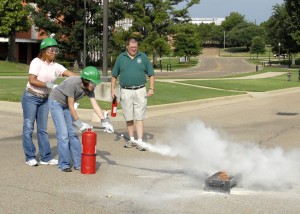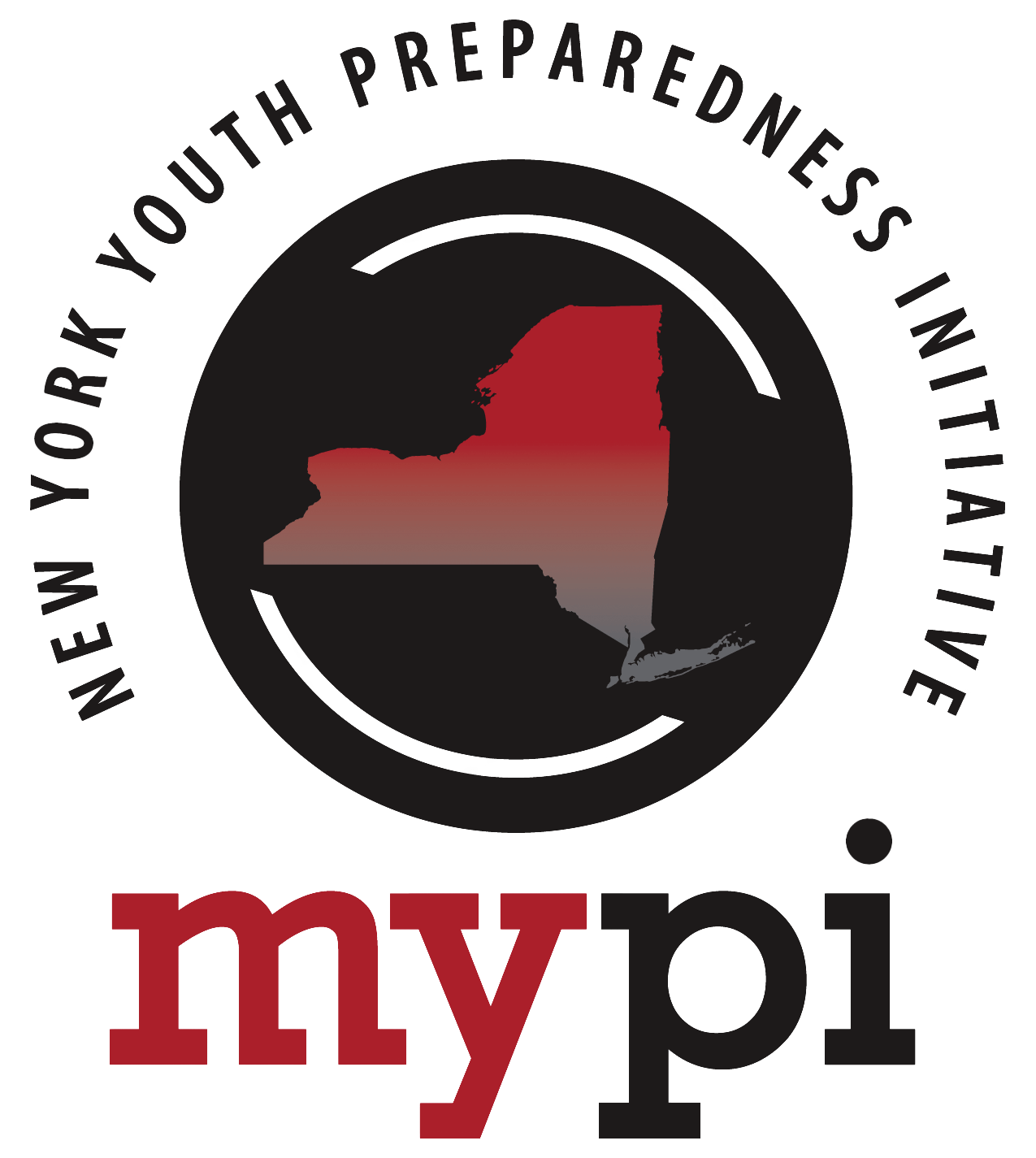Program prepares teens for emergency response

By Linda Breazeale
MSU Ag Communications
MISSISSIPPI STATE — Mississippi teens can soon be trained in disaster preparedness in their communities, something usually done by only a small percentage of adults.
Mississippi State University’s Extension Service is certifying trainers for the Mississippi Youth Preparedness Initiative, or MyPI. One goal is to teach teenagers how they can help themselves, their families, and their communities prepare for and respond to disasters.
Ryan Akers, assistant Extension professor of community preparation and disaster management, is coordinating three trainings across the state in 2012. Youth trainings begin in 2013.
“Millions of children are affected by disasters every year, but they are largely absent from preparation activities,” he said. “In this program, participants will learn essential emergency preparedness and life skills, take part in community service, give back to their families and communities, build self-esteem and receive the satisfaction that comes from helping others.”
MyPI curriculum is based on materials used for the Citizens Corps’ Teen-CERT, or Community Emergency Response Team. Citizens Corps is a national service program coordinated by the Department of Homeland Security.
“MSU’s involvement in this program is a natural fit because of Extension’s connection to 4-H and FFA groups,” Akers said. “We also will work with a variety of other youth organizations.”
Instruction will consist of hands-on activities conducted in 10, two-hour weekly classes plus one Saturday. Teens will learn how to extinguish small fires, conduct light search and rescue, assist injured people and develop basic disaster kits. An additional career track will encourage participants to pursue careers in public health and emergency response.
“Our goal is to train about 3,500 Mississippi teens during the first year. Then they will share their knowledge through a service project with five additional families annually for five years for a direct impact of about 105,000 families,” Akers said.
Monticello Mayor Dave Nichols, the only Citizens Corps trainer qualified to certify trainers in Mississippi, is leading the 2012 classes.
“Each community determines the level of youth involvement in disasters, but the basic principles of CERT are beneficial to all participants,” Nichols said. “Communities always will have more people than responders, and bystanders are often the first to render aid in a disaster.”
Participants learn how to assess victims’ needs and triage, or sort, them into categories, giving priority to those having problems with the three potential killers: breathing, bleeding and shock. Other basic lessons teach them about the chain of command in a disaster, the dangers of “self-deployment” and the value of a buddy system.
“There are no lone rangers in disaster response. Their priorities should always be for themselves and their buddies,” he said. “Responders need to learn how to size up a situation. We want them to focus on doing the greatest good for the greatest number of people.”
Nichols also emphasized the importance of keeping records of event details.
“If it isn’t written down, it didn’t happen,” he said.
Nichols said safety is a priority for trainers.
“We want to teach youth how to recognize a hazardous situation and to stay away from those situations — leave that response to the professionals,” he said.
For more information on becoming a trainer or starting a MyPI class, contact the local county Extension office or Akers at cakers@humansci.msstate.edu.
-30-
Released: August. 9, 2012
Contact: Dr. Ryan Akers, (662) 325-5914

